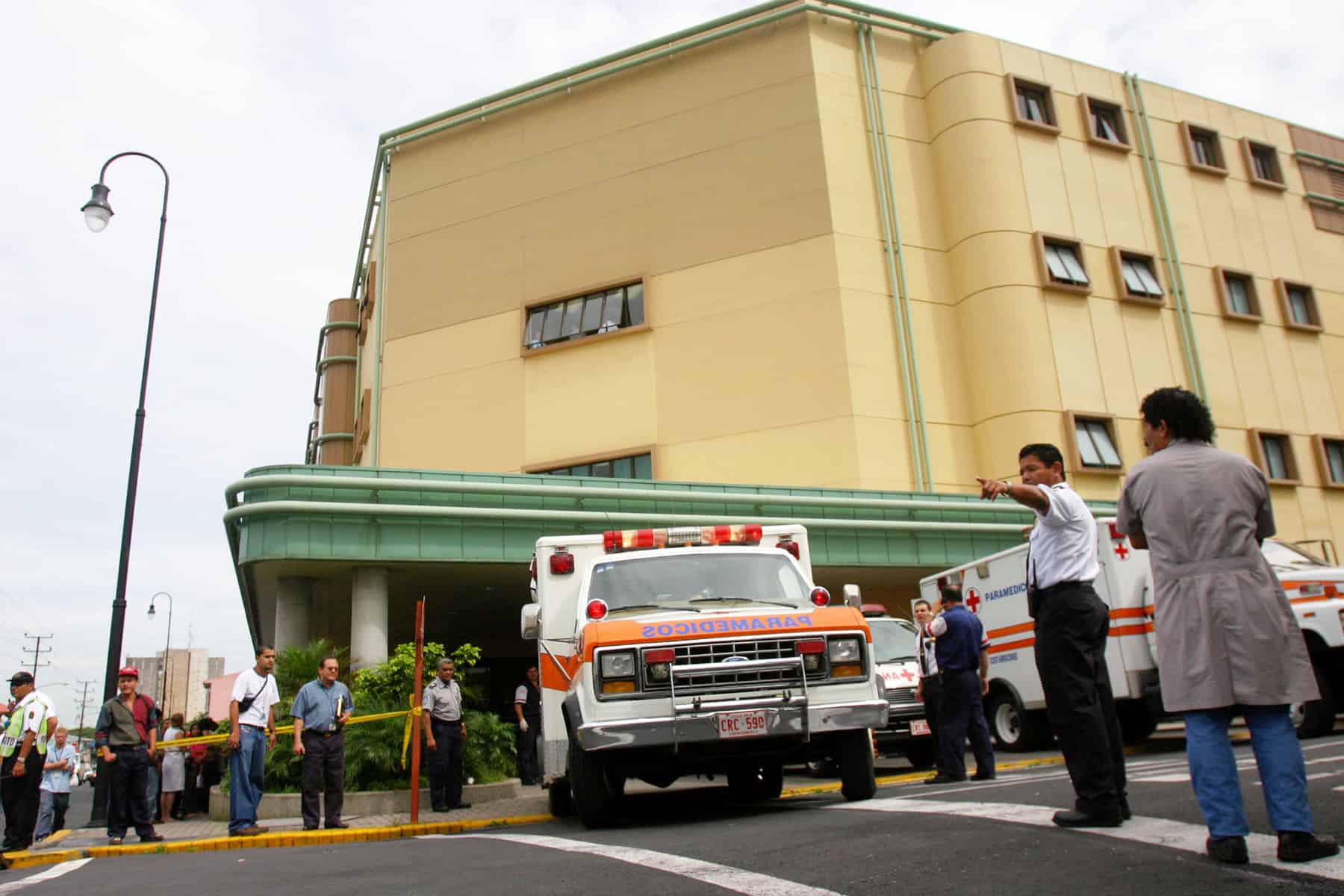Costa Rica shared its vision and guiding principles for universal healthcare at the 72nd World Health Assembly, held this week in Geneva, Switzerland.
Elayne Whyte, Costa Rica’s Ambassador to the United Nations, urged countries to “overcome the administrative and financial perspective of the provision of health services, and to put people in the center.”
She shared Costa Rica’s message that “the health of the population is a responsibility of the State.”
“In Costa Rica, 95% of the population is covered by health insurance,” Whyte said. “Public expenditure on health constitutes close to 19.5% of total government spending; we have a Basic List of Medicines (LOM) that solves the pharmacotherapeutic need of about 97% of the population and our main public health goals are linked to our National Plan of Development and Public Investment, and in this way also, to the compliance with the 2030 Agenda in the country.”
The system is not perfect, and complaints of inefficiency are common, but Whyte argued Costa Rica has a framework that produces health outcomes “comparable or superior to many countries with higher incomes.”
Costa Rica proposed the following guiding principles for other nations at the World Health Assembly, according to a release from the Foreign Ministry.
Inclusion, “not only in the sense of increasing the number of beneficiaries but also the number of services. One can not speak of universality without access to all basic health services: water fit for human consumption, collection and disposal of waste, nutrition and mental health.”
Innovation, “to find new and better ways to finance services, to promote health, to incorporate society into decision-making, to design with new work schemes.”
Self-determination, “to ensure the ways in which countries, but above all its inhabitants, will enforce their rights and find the alternatives that best suit their identity and needs.”
Cooperation, “so that the knowledge acquired can flow freely, as well as gain access to funding sources that allow countries to achieve the goals proposed in the 2030 Agenda for Sustainable Development in a comprehensive manner.”
This week, the United Nations awarded Costa Rica’s Social Security System (Caja) a 2019 United Nations Public Service Award for the implementation of its “Unified Digital Health Records” (EDUS) electronic medical records software.






